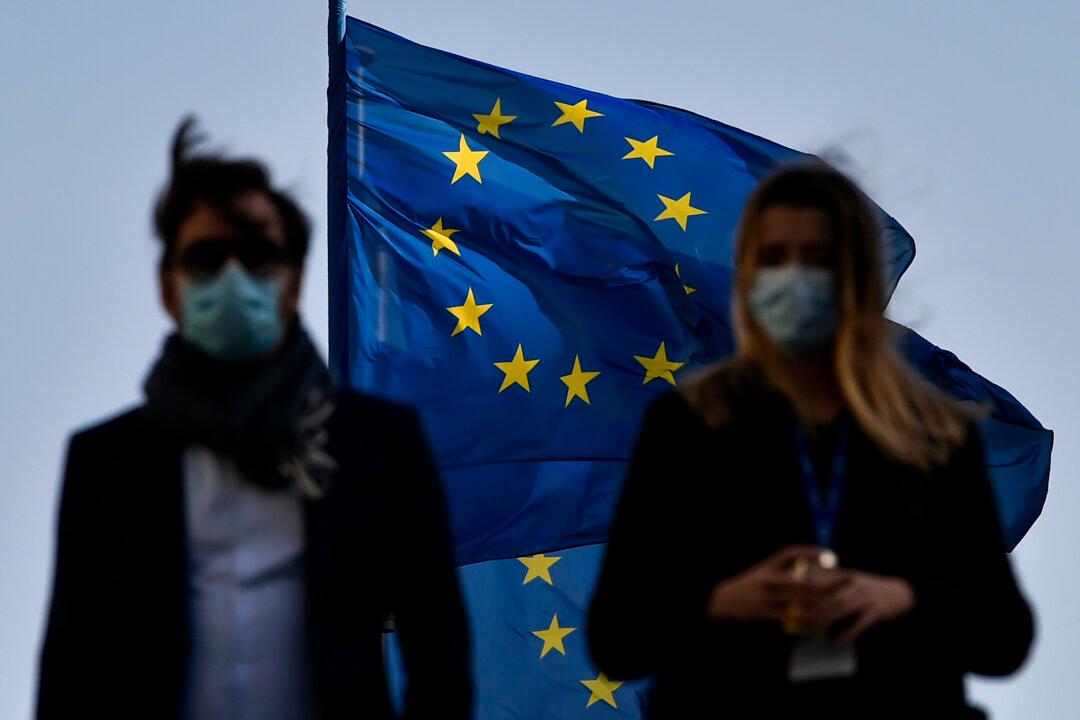Nine U.S. allies in Europe have summoned China’s ambassadors in protest after Beijing slapped sanctions on a dozen European officials, researchers, and institutions that have been vocal about the regime’s human rights abuses.
The “sanctioning of members of Parliament and scientists is absolutely incomprehensible,” German Foreign Minister Heiko Maas said in a March 23 statement after meeting with the Chinese ambassador in Berlin. “While we sanction abuses of human rights, Beijing sanctions democracy. We cannot accept this.”





